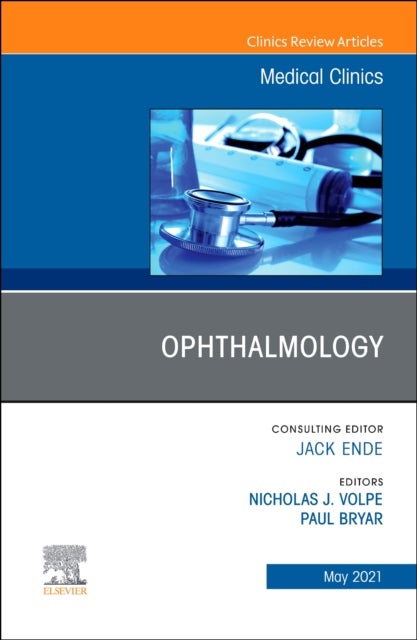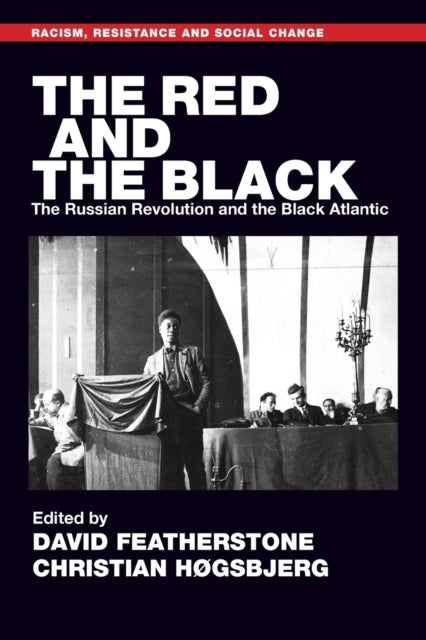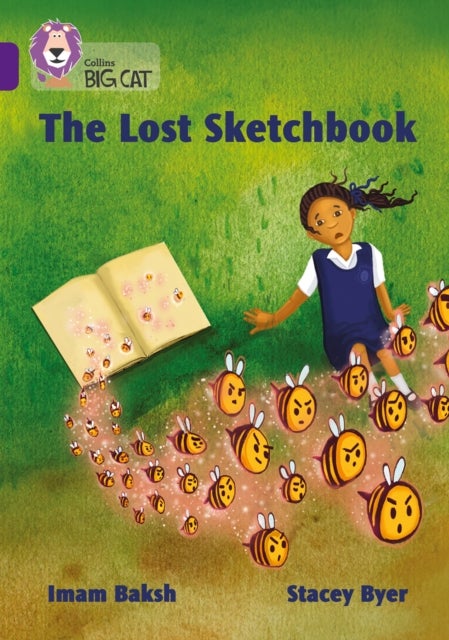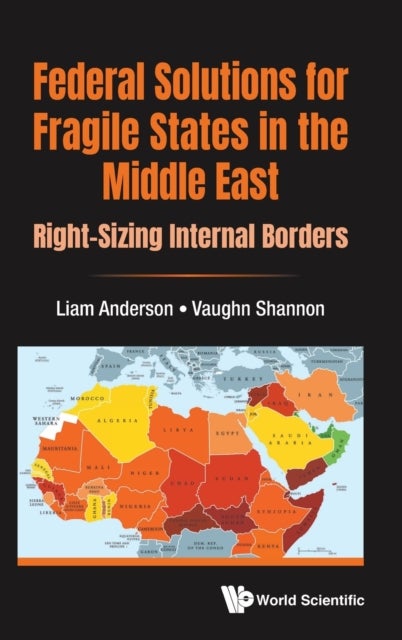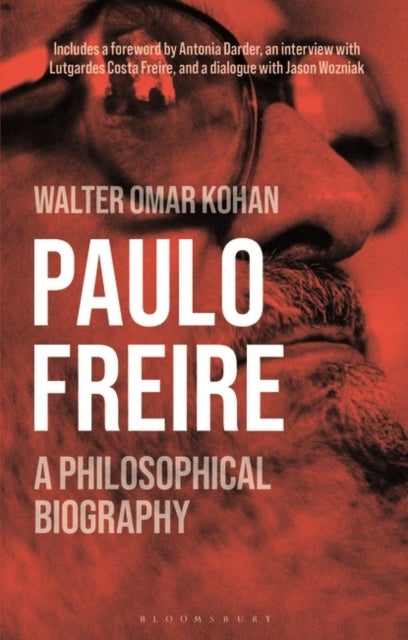
Paulo Freire av Walter Omar Kohan
339,-
Paulo Freire (1921-1997) is one of the most widely read and studied educational thinkers of our time. His seminal works, including <i>Pedagogy of the Oppressed</i>, sparked the global social and philosophical movement of critical pedagogy and his ideas about the close ties between education and social justice and politics are as relevant today as they ever were. In this book, Walter Omar Kohan interweaves philosophical, educational, and biographical elements of Freire¿s life which prompt us to reflect on what we thought we knew about Freire, and also on the relationship between education and politics more broadly. It offers a new and timely reading of Freire¿s work and life. The book is structured around five key themes that provide a new perspective on Freire¿s work: life, equality, love, errantry and childhood. It includes a contextualization of Freire¿s work within the past and current political terrain in Brazil, and encourages educators to put themselves and their educational work

